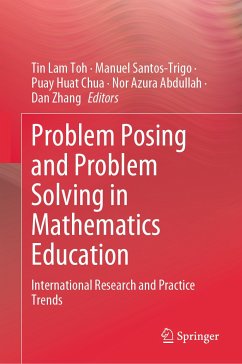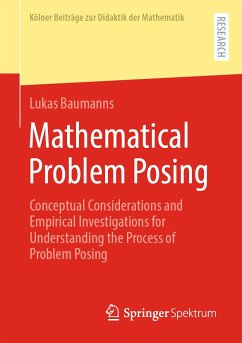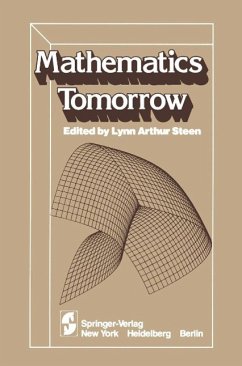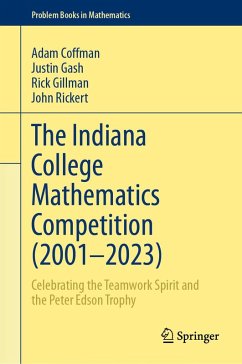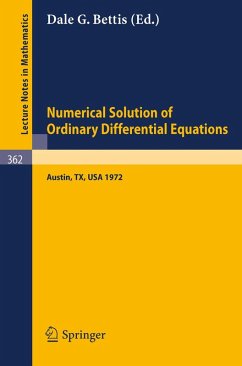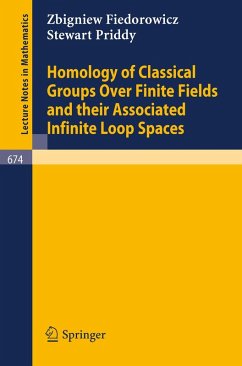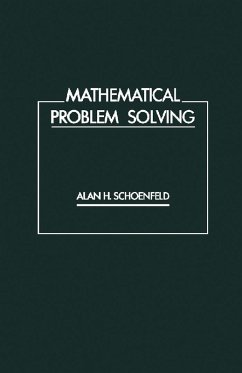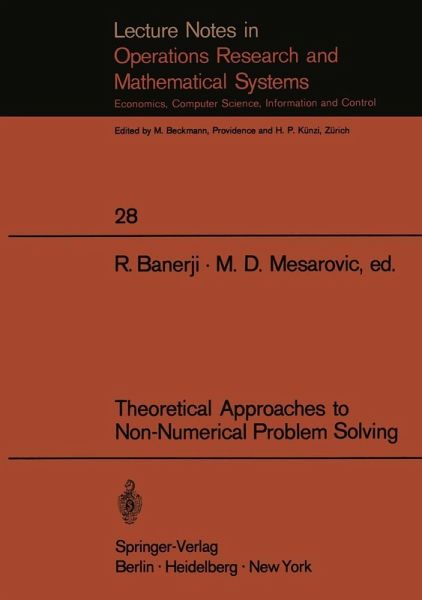
Theoretical Approaches to Non-Numerical Problem Solving (eBook, PDF)
Proceedings of the IV Systems Symposium at Case Western Reserve University
Redaktion: Banerji, R. B.; Mesarovic, M. D.
Versandkostenfrei!
Sofort per Download lieferbar
72,95 €
inkl. MwSt.
Weitere Ausgaben:

PAYBACK Punkte
36 °P sammeln!
Advances in computer technology have pointed out the next important area of computer applications: solution of non-numerical problems. It is hardly necessary to emphasize the importance of these kind of problems. First of all most of the decisions one has to make in real-life situations are non-numerical in the first instance and can be represented as numerical problems only as approximations which are often only partially valid. Second, to use the computer to its full potential it should be employed as a logical machine, capable of deduction, and not just as a numerical calculating machine. T...
Advances in computer technology have pointed out the next important area of computer applications: solution of non-numerical problems. It is hardly necessary to emphasize the importance of these kind of problems. First of all most of the decisions one has to make in real-life situations are non-numerical in the first instance and can be represented as numerical problems only as approximations which are often only partially valid. Second, to use the computer to its full potential it should be employed as a logical machine, capable of deduction, and not just as a numerical calculating machine. Thus the computer would extend man's capability for logical reasoning and not just for his capability to do fast and accurate calculation. It is not a new area; indeed non-numerical problems are central in fields such as artificial intelligence, heuristic programming, pattern recognition, classification and information-processing (and retrival) etc. However, it is fair to assess that progress in the area has not been quite as expected. One of the reasons was a lack of conceptual and theoretical framework in which to investigate different classes of non-numerical problems to improve understanding of various types of problems and methods for their solutions and furthermore to enable the methods which have been proven as effective in one situation to be used in another situation with appropriately similar structure.
Dieser Download kann aus rechtlichen Gründen nur mit Rechnungsadresse in A, B, BG, CY, CZ, D, DK, EW, E, FIN, F, GR, HR, H, IRL, I, LT, L, LR, M, NL, PL, P, R, S, SLO, SK ausgeliefert werden.



